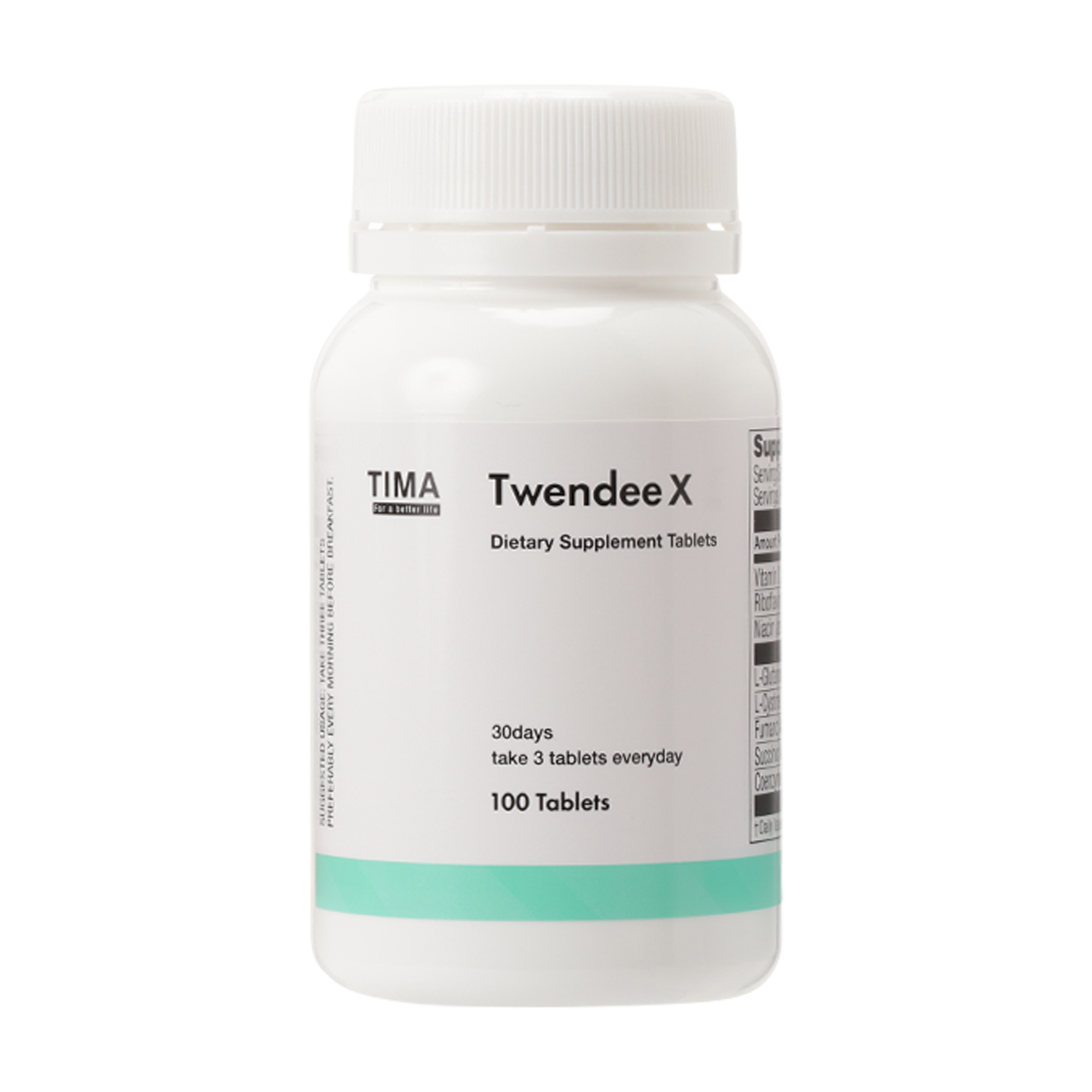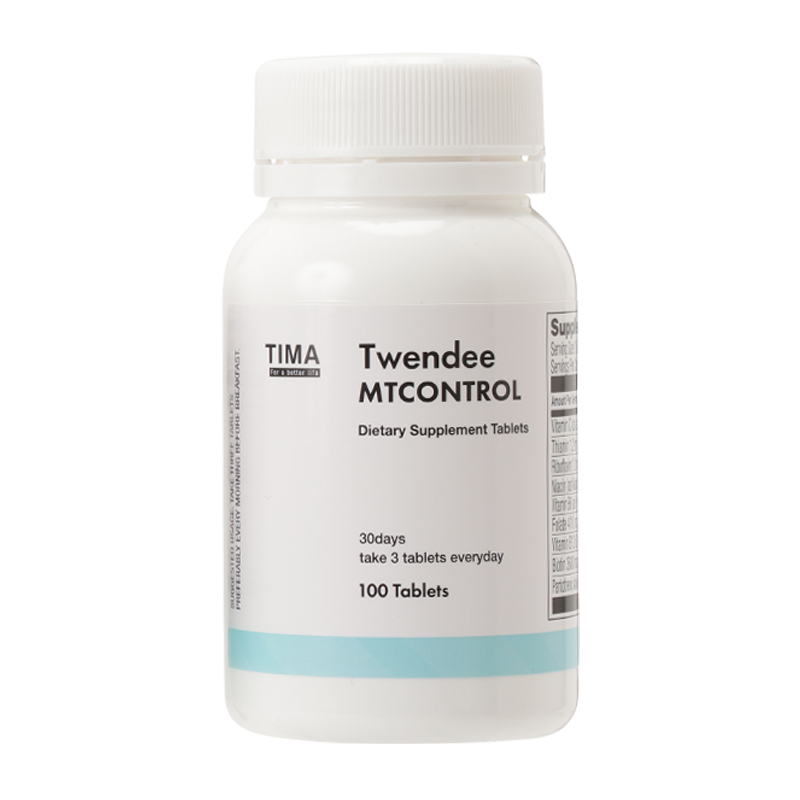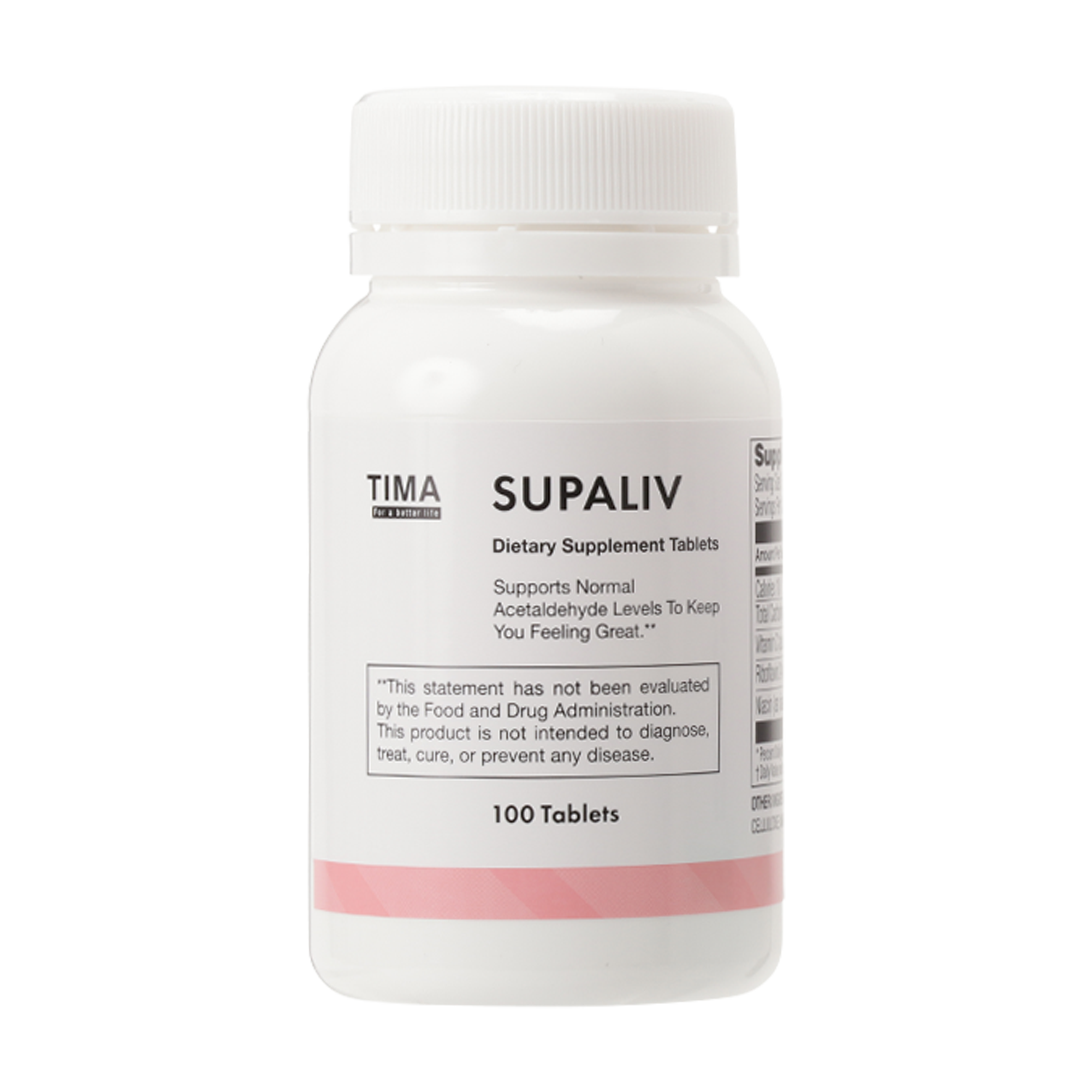Thesis on Oxidative Stress and "pneumonia"
- Paper title
- Role of oxidative stress in pulmonary fibrosis.
- Abstract summary
- Authors
- C. Mastruzzo, N. Crimi, C. Vancheri
- Journal
- Monaldi archives for chest disease = Archivio Monaldi per le malattie del torace
- Semantic Scholar URL
- https://semanticscholar.org/paper/3a3159652fdc2df557443463db5bcb5a9ede582a
- Abstract
-
Pulmonary fibrosis can be observed as an end state in a number of chronic inflammatory pulmonary diseases. Although the mechanisms by which lung fibrosis develops are not fully ascertained, recent findings suggest that oxidative stress may play an important role in the pathogenesis of tissue fibrosis affecting apoptosis of both structural and inflammatory cells and altering the cytokine microenvironment balance. Damage and alteration of alveolar epithelial cells is one of the hallmarks of interstitial lung fibrosis. Recently, it has been demonstrated that the presence of oxidative stress may lead to the damage, activation and/or apoptosis of alveolar epithelial cells either directly, through an imbalanced intracellular redox equilibrium, or indirectly, by activating redox-sensitive effector pathways, such as transcription factors and angiotensin converting enzyme, increasing the conversion of angiotensinogen into angiotensin II that can be considered a mediator of oxidative stress, capable of inducing apoptosis. Furthermore, it has been demonstrated that angiotensin II acts as a proinflammatory cytokine and is effective in activating fibroblasts through the release of transforming growth factor (TGF-beta). As well as activation, differentiation, proliferation and apoptosis of fibroblasts seem related to the oxidant/antioxidant balance, and the maintenance of a high intracellular level of reduced glutathione (GSH) is considered crucial in providing a reducing environment within the cell, able to protect against oxidative stress. In those conditions where oxidants, either inhaled or produced by inflammatory cell, increase, the ratio between GSH and oxidized glutathione (GSSH) may lower, influencing a variety of cellular redox-sensitive signaling processes such as the activation of nuclear factor-kB (NF-kB) and activator protein-1 (AP-1) that lead to a transcriptional up-regulation of a number of genes involved in inflammation and/or fibrogenesis, including cytokines [interleukin (IL)-1,, tumor necrosis factor (TNF-alpha), IL-6] chemokines (IL-8), adhesion molecules (VCAM-1, ICAM-1) and growth factors (GM-CSF). In addition, several studies have shown that oxidative stress may also affect the immune response by inducing an up-regulation of HLA-DR as well as the expression of two costimulatory molecules such as CD40 and CD86, determining a persistent state of immune activation, and affecting the Th1/Th2 balance, modulating the T-cell effector response towards the Th2 phenotype. It is clear that a better understanding of the precise sequence of events that make the difference between normal tissue repair and fibrosis, including the role played by oxidative stress, will certainly improve our therapeutic approach to pulmonary fibrosis.








